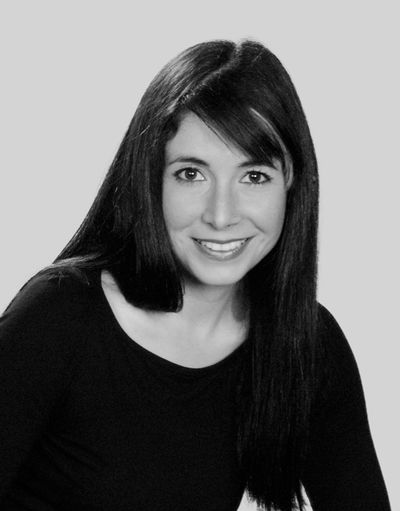We chat with Tara Kaye Judah about her fondness for feminist film theory and capitalist critique, and why she loves the cover of David Vann’s Goat Mountain.
Why do you work in books?
If I were to build a fort with walls of knowledge, the final result would be a bookstore. I want to live peacefully in a fort of knowledge. At Readings, the fort is also friendly.
What book would you happily spend a weekend indoors with?
Anything by Elizabeth Harrower. I’m so pleased that Text Classics are republishing her fiction. I love her exploration of the psychological diaspora that really pulses in postcolonial Australia. She writes characters whose isolation isn’t the product of loneliness so much as alienation. The severe crisis of communication in her stories also resonates with me. Harrower captures something quintessential about the problems of society, gender and class, and I’m a total sucker for that stuff.
Your job entails recommending good reads: how do you balance personal taste with customer nous?
Not everyone wants to read feminist film theory and capitalist critique so I can’t just reach for Laura Mulvey or bell hooks when someone asks me, ‘What’s good?’ But I also remember when I was growing up how much I valued the expertise of my local video store clerk – years before I knew film would become such an important part of my life – so it’s about finding the connection. If someone wants scandal and intrigue they might not instinctively pick up a copy of Hollywood Babylon, but I’m always at the ready to at least throw it into the mix.
Describe your own taste in books.
When I’m not reading from the cinema or cultural studies shelves, I like fiction that reflects my anti-capitalist and feminist values. Plus, I like unhappy (realistic) endings. I’m still making my way through many of the classics, and there are hoards brimming with characters that share in my disillusionment with the world – I’m looking forward to reading East of Eden next.
Name a book that has changed the way you think, in ways small or large.

Pauline Kael: A Life in the Dark by Brian Kellow really affected my own writing. I don’t read much biography because I’m not particularly interested in the personal lives of the people whose art I admire. But Kellow uses Kael’s own words to chart a trajectory of her success as a film critic. I think examining her body of work is a respectful way to tell her life story.
What’s the best book you’ve read lately?
I’m just making my way through Roxane Gay’s Bad Feminist: Essays and it’s pretty great. She’s an academic who knows how to write as if she were your best mate telling you a funny story. The ideas are solid and the words are entertaining. It’s a light read but it doesn’t leave you feeling like you’ve just inhaled ideological toxins.
Who has the best book cover?
David Vann with Goat Mountain. The landscape depicted looks serene, but it’s stamped with a silhouetted stag head that brings soullessness to the foreground. The story is about the death of beauty as a patrilineal connection to the land begins to corrode. The cover’s colour palette alone evokes the novel’s melancholic tone.


